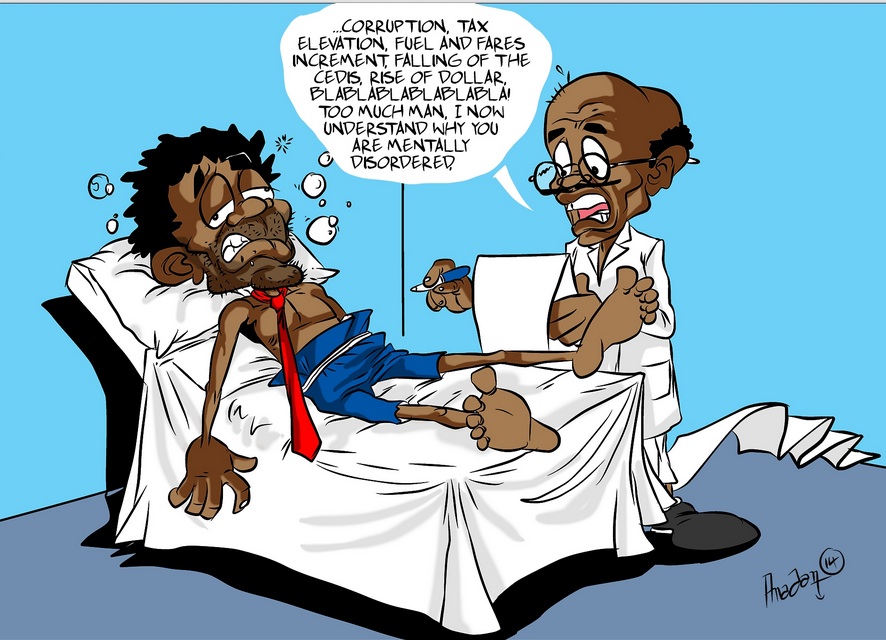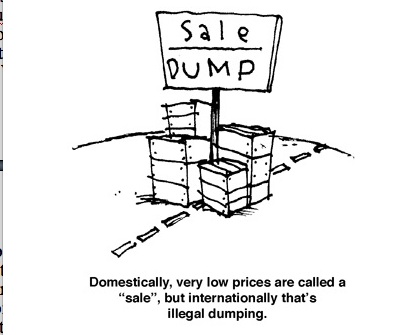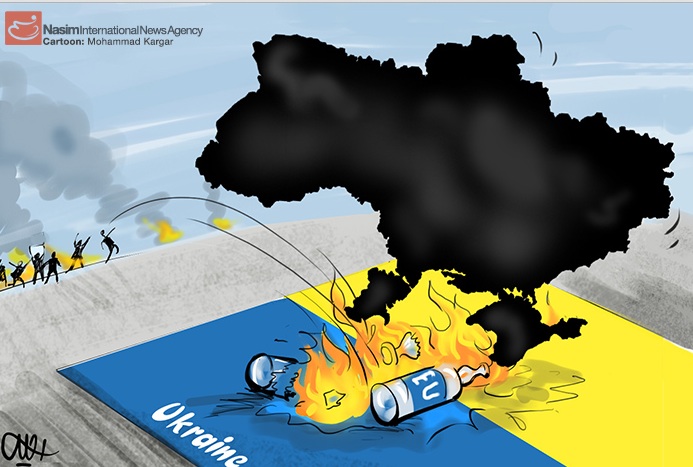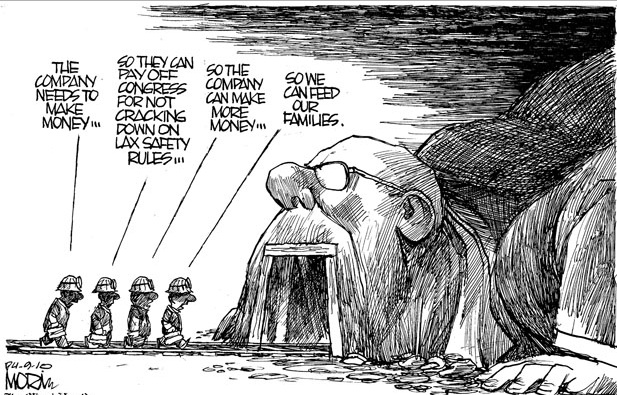The race for Internet service from space is on, again.
After a series of failed satellite Internet projects over the past two decades, fresh investment is coming into the sector, and at least three high-profile projects are moving forward.
OneWeb, a London-based consortium backed by tycoon Richard Branson, announced in June it had raised $500 million from investors including Airbus, Qualcomm and Intelsat to advance its plan for satellite broadband to underserved parts of the world.
Also this year, U.S.-based space exploration firm SpaceX secured a $1 billion investment that could help founder Elon Musk’s plan to build a satellite Internet network, with backing from Google and the financial firm Fidelity.
U.S.-based LeoSat, backed by Europe’s Thales Alenia Space, is also working on a satellite broadband project aimed at business. And Samsung outlined plans in a research report this year “to make affordable Internet services available to everyone in the world via low-cost micro-satellites.”
The projects seek to launch hundreds of low-orbit satellites to beam the Internet from space. The initial costs could be high, but would avoid the expense of building ground-based systems for wired or wireless broadband.
If the plans sounds familiar, we’ve seen this before.
Teledesic, a 1990s project backed by Microsoft’s Bill Gates and Saudi royal family investors, died before it went into service, as did another venture called SkyBridge, whose assets were eventually acquired by OneWeb.
Greg Wyler, chief executive of OneWeb, said much has changed since Teledesic abandoned its “Internet in the sky” plan more than a decade ago: the cost of satellite technology has come down, and most people now realize that connectivity is needed to spur economic development.
“If your goal is to end extreme poverty, boost the things that contribute to economic growth like health care and education, all of those things sit on a foundation of connectivity,” Wyler said.
OneWeb plans to begin launching its 648 low-orbit satellites in 2017, and begin connecting customers by 2019, Wyler said.
The company has “contractual arrangements” to operate in more than 50 markets and is looking at a broad global footprint.
“More than half the world is not connected,” he said.
In some developed markets like the United States, individuals who live in remote areas could subscribe to Internet broadband. In developing countries, it may be schools, health care centers and other government entities.
“Our technology fundamentally reduces the cost of connectivity,” he said.
An equally ambitious plan is being developed by Musk and SpaceX, which could launch as many as 4,000 satellites.
Musk said on Twitter that he sees “advanced micro-satellites operating in large formations” that would provide “unfettered (Internet access) certainly and at very low cost.”
Details of the SpaceX plan are still sketchy, but the company filed plans with the U.S. Federal Communications Commission to begin testing. Eventually, FCC approval could allow the SpaceX project to offer broadband services globally.
LeoSat’s plan calls for between 78 and 108 satellites for a broadband network aimed at high-volume business customers such as major corporations, governments, maritime operators and the oil and gas industry, said Chief Executive Mark Rigolle.
While LeoSat, a startup created in 2013, is aiming at only a few thousand customers, it can also serve as a “backbone” for other operators, which would mean millions could use its connections.
“We want to become ‘fiber from the sky’ from anywhere to anywhere,” Rigolle said.
“It’s not a product that is available in today’s market.”
The company was created by former oil and gas industry executives who understood the need for better connections in remote parts of the world, Rigolle said.
These low-earth orbit systems require more satellites but can cover areas not served by the higher-orbit systems, with better connectivity because of faster transmission speeds.
Rigolle said LeoSat will be able to transmit around the globe “from satellite to satellite without ever touching the ground,” create a system which is “effectively faster than fiber” and more secure.
Scott Pace, director of the Space Policy Institute at George Washington University, said now may be an opportune time to launch a space broadband service because of advances in technology and growing needs for connectivity.
“Space has a lot of natural advantages” over terrestrial systems, he said.
“Space systems provide a way to cover massive amounts of territory very quickly, and the new satellites are increasingly sophisticated.”
Because growing numbers of people around the world rely on wireless broadband, Pace said that “demand is more intense than in the 1990s and satellite systems have a chance of meeting that demand and being a player.”
Still, he said it is not clear if satellite systems can compete effectively with ground-based systems. And he said that any new entrant will still have to compete for airwave spectrum and deal with regulators in various countries.
With a number of satellite firms competing, it is not clear if all will survive.










